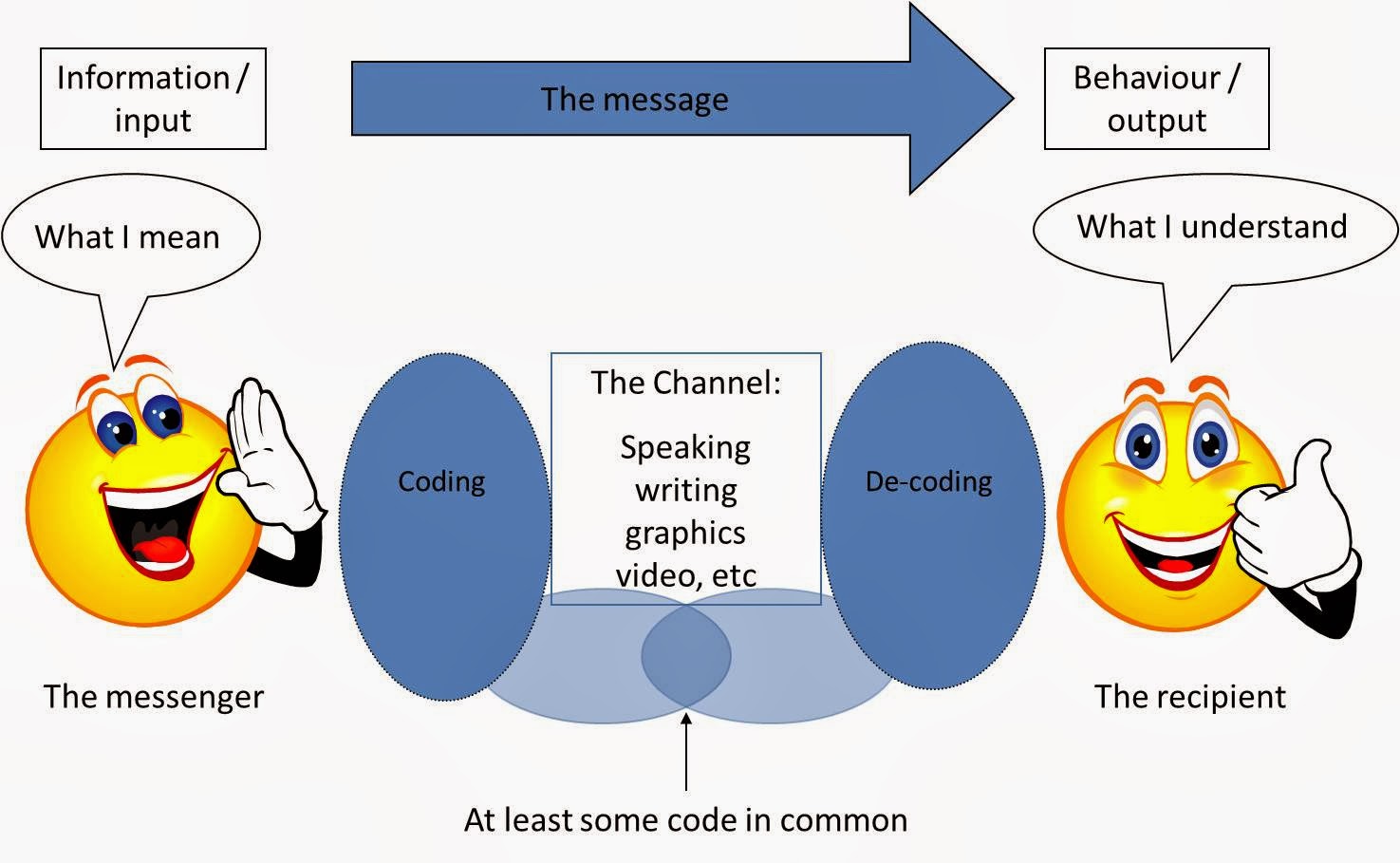Rabindranath Tagore and His Educational Thoughts
Rabindranath Tagore, a renowned polymath and the first non-European Nobel laureate in literature had profound insights into education. He criticized the British educational system in India for its emphasis on rote learning and advocated for a more holistic and integrated approach. Here's an exploration of his educational philosophy:
- Naturalism
and Free Learning:
- Philosophy:
Tagore believed that children should be close to nature, as it fosters
creativity and imagination. He emphasized freedom in learning, opposing
strict regimentation and rote learning.
- Implication:
Learning should be more organic and in sync with nature.
- Illustration:
Schools can be designed with ample open spaces, gardens, and a curriculum
that includes nature walks and observational studies of plants and animals.
- Creative
Expression:
- Philosophy:
Tagore placed a high value on the arts, music, dance, and literature as mediums
for self-expression and holistic development.
- Implication:
Art and creativity should be integral to the educational system.
- Illustration: The curriculum could incorporate music classes, dance performances, painting
sessions, and storytelling workshops.
- Learning
Beyond Books:
- Philosophy:
He was critical of an education system prioritising bookish knowledge
over experiential learning.
- Implication:
Diversify sources of learning to include experiences, interactions, and
real-world exposure.
- Illustration:
Field trips, vocational training, and hands-on experiments should be as
crucial as classroom lectures.
- Individuality
Over Examination:
- Philosophy:
Tagore was sceptical of the examination-centric approach, believing it
stifled individual creativity and curiosity.
- Implication:
Assessment should be continuous and holistic and consider the unique
capacities of each student.
- Illustration:
Instead of standardized tests, educators could use project-based
assessments, portfolio reviews, and feedback sessions.
- Spiritual
Development:
- Philosophy:
For Tagore, spiritual development was as vital as intellectual growth. He
believed in fostering a sense of the infinite in students' minds.
- Implication:
Education should nurture the inner spirit along with the mind.
- Illustration:
Meditation sessions, philosophical discussions, and courses on world
religions can be introduced.
- Universalism:
- Philosophy:
Tagore believed in a global perspective and the interconnectedness of
cultures and societies.
- Implication:
Cultivate a sense of global citizenship in students.
- Illustration:
Exchange programs, global history courses, and literature from various
cultures could be integrated into the curriculum.
- Teacher-Student
Relationship:
- Philosophy:
Tagore emphasized the significance of a deep bond between the teacher and
the student, rooted in mutual respect and love.
- Implication:
The relationship between educators and learners should be more
collaborative than authoritative.
- Illustration:
Open discussions, feedback sessions, and collaborative projects can
foster a more profound connection between students and teachers.
- Integration
of Work with Education:
- Philosophy:
Tagore believed that work and education should be integrated. Learning
should be tied to the productive life of the community.
- Implication: The curriculum should include practical life skills and vocational training.
- Illustration:
Students could engage in community service, craftwork, farming, or other
productive activities as part of their education.


Comments
Post a Comment